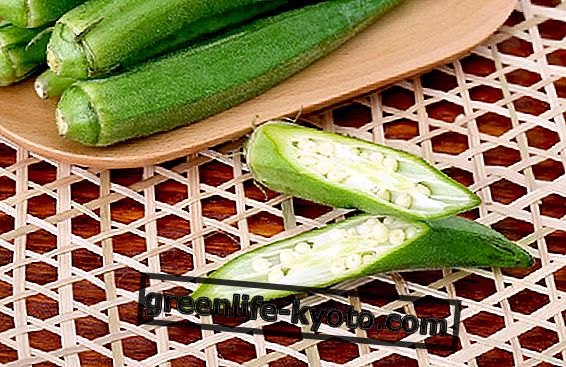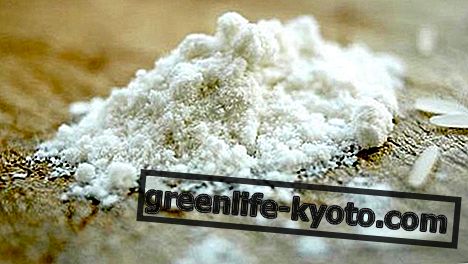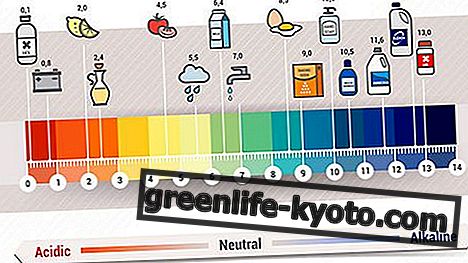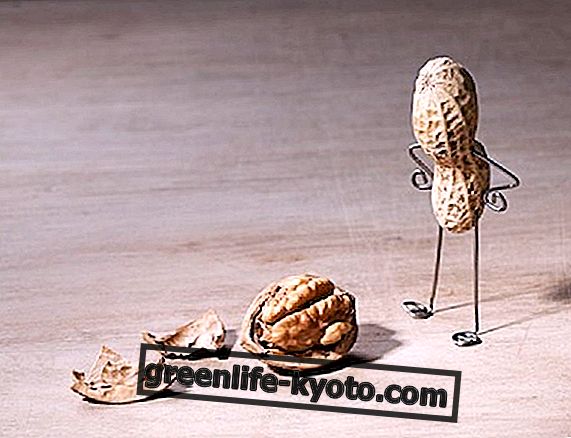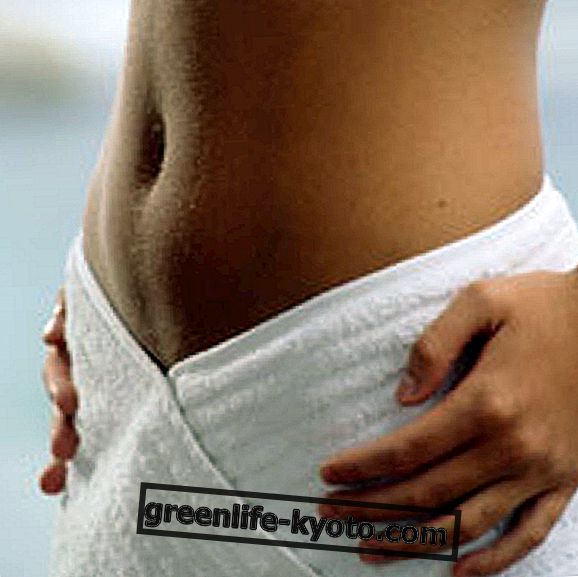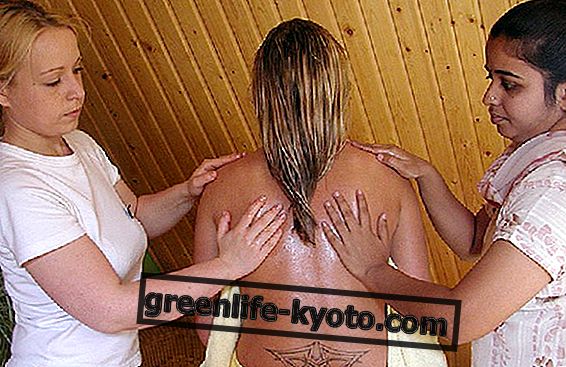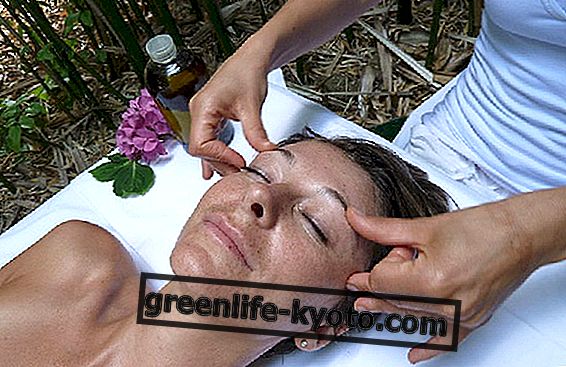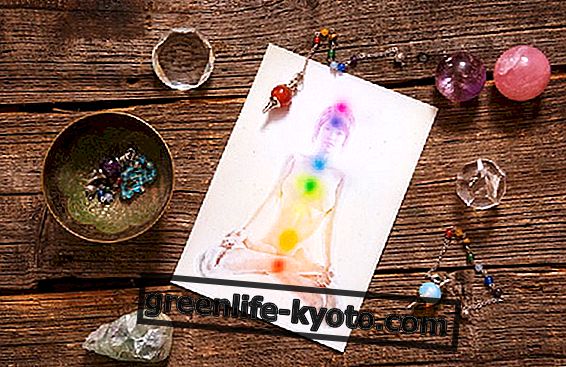
In addition to being a well-known natural sweetener, stevia is traditionally used for skin care and beauty and to treat skin diseases including acne.
Let's find out if stevia really helps fight acne .
Cosmetic properties of stevia
Stevia ( Stevia rebaudiana ) is a herbaceous shrub plant native to Brazil and Paraguay, and belonging to the Compositae family. The whole stevia plant, in particular the leaves, is characterized by the sweet taste due to the presence of two glucosides of the steviol terpene.
Thanks to the sweetening power of stevia, this plant and its extracts are used as a substitute for sugar, fructose, aspartame and saccharin as a non-caloric sweetener.
In addition to the sweetening power, some studies have shown the antioxidant action of stevia due to the presence of phenols and flavonoids, as well as the antibacterial and antifungal properties, due to the presence of a flavonoic glucoside.
Stevia extracts have been shown to have activities against free radicals : potentially these extracts could therefore be a useful natural source of antioxidants that can be used in cosmetics for the formulation of beauty products designed to combat the signs of aging.
The antibacterial action of stevia is instead the basis of the traditional use of this plant for oral hygiene : studies on stevia have made it possible to identify the molecule responsible for this activity, the umboside, and have shown a moderate action against some bacteria and fungi including staphylococci, lactobacilli and Candida albicans .
Stevia against acne: does it really work?
Traditionally , stevia extracts are used in the treatment of various disorders, including skin disorders . Stevia is used, for example, to speed up the healing of the skin in case of wounds and it is retained an effective natural remedy against acne and seborrheic dermatitis; it is also used to make the skin softer and smoother.
The cosmetic use of stevia could help improve the appearance of the skin, because as we have seen this plant is rich in molecules that counteract the action of free radicals, protecting skin tissues from aging and cell damage.
The antibacterial properties of stevia could also bring benefit in the case of acne; at the moment, however, there is no scientific evidence to attribute a therapeutic activity to acne to stevia.
Furthermore, it must be emphasized that acne is a multifactorial disease and not a simple blemish: acne must therefore be treated under the supervision of a dermatologist and the application of a cosmetic alone is not sufficient to solve the problem.
